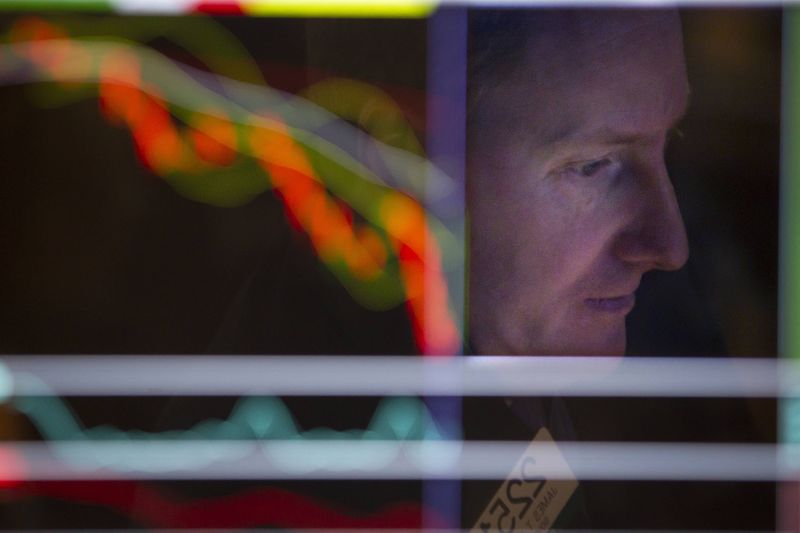BiVACOR, Inc., a pioneer in the development of total artificial hearts, has achieved a significant milestone with the US Food and Drug Administration (FDA) granting approval for its BiVACOR Total Artificial Heart (BTAH) to proceed with an investigational device exemption (IDE).
This approval marks the initiation of the first-in-human Early Feasibility Study (EFS), which aims to assess the safety and practicality of the BTAH in patients suffering from biventricular heart failure.
The EFS, set to commence in 2024, will initially include three patients across 10 hospital sites, with the Texas Heart Institute in Houston, TX, being a key participant. This study is a crucial step towards a larger pivotal study and will focus on using BTAH as a transitional solution for heart transplant candidates.
Dr Joseph Rogers, National P.I. and CEO of the Texas Heart Institute, expressed his enthusiasm for the upcoming study, highlighting the BTAH's potential as a revolutionary technology for treating severe heart failure.
The BTAH is designed to fully substitute the native heart's function, offering a new treatment avenue for patients awaiting heart transplants or those ineligible for one.
The BTAH stands out with its rotary blood pump technology, compact enough to fit in many women and some children, yet powerful enough to support adult males during physical activity.
It employs magnetic levitation, similar to high-speed trains, to minimize blood trauma and ensure durability. The device's unique design allows it to generate pulsatile outflow without traditional valves or chambers.
William Cohn, MD, heart surgeon at the Texas Heart Institute and BiVACOR chief medical officer, remarked on the FDA's approval as a testament to BiVACOR's groundbreaking work.
Daniel Timms, Ph.D., founder and CTO of BiVACOR, also shared his pride in the team's dedication, anticipating that the study will augment existing pre-clinical data and mark 2024 as a year of significant achievements for the company.
Currently, the BTAH is an investigational device, authorised exclusively for research purposes. The initial phase of the EFS will target patients with biventricular heart failure needing mechanical support as a bridge to transplantation, with subsequent studies aiming to explore both short-term and long-term therapeutic applications.
Heart tech goes from strength to strength
The BiVACOR news would be a welcome development for companies such as Anteris Technologies Ltd (ASX:AVR, OTC:AMEUF), which, like BiVACOR, is committed to discovering, developing and delivering innovative solutions for significant challenges facing heart patients and their physicians.
The Australian company is developing a novel, first-in-class biomimetic transcatheter aortic valve replacement (TAVR) for the treatment of aortic stenosis.
The DurAVR™ TAVR system is currently in the clinical trial phase of development.
It is made from a single piece of native-shaped tissue and designed to mimic the performance of a pre-disease human aortic valve.
Early data from the company’s First-in-Human clinical study show excellent haemodynamic performance at 12 months.
Anteris has also patented ADAPT®, an anti-calcification tissue technology. ADAPT® tissue has been used clinically for over 10 years and distributed for use in over 50,000 patients worldwide.
Further to this, the balloon-expandable ComASUR™ Delivery System provides controlled deployment and accurate placement of the DurAVR™ THV valve, designed to achieve precise alignment with the heart’s native commissures to achieve ideal valve positioning.
CEO Wayne Paterson recently sat down with Proactive after the successful completion of enrolment for the company’s early feasibility study (EFS) to evaluate DurAVR™ THV.
In October, the L1 Capital-backed heart health group raised $40 million, with proceeds to fund valve-in-valve trials, prep work for FDA pivotal trial, strategic initiatives and working capital.
